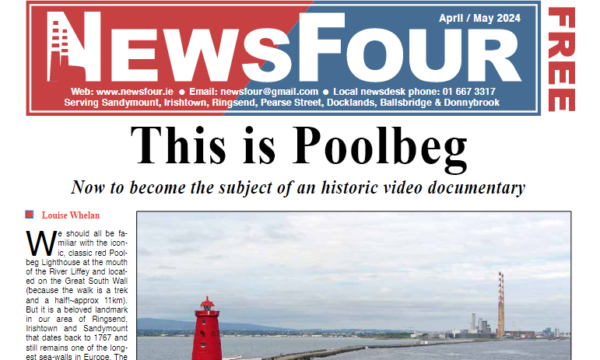
It seemed inevitable that if any modern film-maker was to tackle the subject of America’s sixteenth, and most revered president, it would be Steven Spielberg.
Should Hollywood ever unveil its own Mount Rushmore, no doubt his face will be the first to be carved into the stone. With a back catalogue of critical and commercial successes unmatched by any of his contemporaries, the director’s name is firmly woven into the fabric of American pop culture. You can criticise Spielberg for his sentimentality or his often blunt story-telling approach, but you could never call his work dull. Until now.
If you didn’t know a lot about Abraham Lincoln, either the man or the politician, before watching Spielberg’s biopic, you’ll know just as little after. Set in the final few months of his life, the movie sparingly stays clear of exploring the speculation regarding his private life, focusing instead on his attempts to pass the U.S constitution’s thirteenth amendment to abolish slavery. In theory, a political period drama helmed by arguably the greatest film-maker of our time should make for a gripping film. Instead, it’s a turgid affair, bogged down by needless sub-plots and stilted story-telling.
Working mainly from Doris Kearns Goodwin’s book ‘Team of Rivals: The Political Genius of Abraham Lincoln’, playwright Tony Kushner is given far too much freedom by his director. The result is an overly verbose film with none of the visual splendour we associate with Spielberg. Every other scene seems to consist of the President recounting a tale, either as a way of calming down his bickering wife or convincing, through an often crass analogy, his fellow politicians of the necessity of abolition. It feels less of a presidential biopic than an adaptation of an encyclopaedia of nineteenth century anecdotes. Every speech, of course, is accompanied, or rather hijacked, by an annoying, falsely rousing, score from John Williams. The composer has long been criticised for telling us how to feel with his music and this score is one of the worst examples of this trait. The comic hillbilly theme he lays over the James Spader sub-plot is cringe-worthy.
As the titular figure, Daniel Day-Lewis is mesmerising. Admittedly, his voice, (part Walter Brennan, part Grandpa Simpson), takes a few minutes to acquaint your ears with. He embodies the character, or at least Kushner’s take on it, so fully that his co-stars suffer, never seeming much more than period dressed imposters in his presence. As Mary Todd Lincoln, Sally Field’s performance is particularly amateurish, not helped by Kushner’s decision to push the character centre stage.
In Kushner’s script, history is rewritten for the sake of modern political correctness. Mary Todd is shown arguing with men in a manner completely unacceptable in the 1860s. In the mid-nineteenth-century, a politician’s wife may have had some influence behind the scenes but that’s exactly where it would have stayed. Likewise the portrayal of Lincoln’s behaviour towards blacks, the president seen here joking with his servants and listening attentively to the requests of “Buffalo” soldiers in the film’s opening scene. He may have fought for legal equality but it’s well documented that Lincoln never considered blacks his equal on a social level.
In imbuing a nineteenth century figure with a modern sensibility, Spielberg and Kushner give us a Lincoln who appears to have travelled back in time to the period rather than being a genuine product of it. You could be forgiven for expecting him to perform a Marty McFly guitar solo in Congress.
By Eric Hillis



